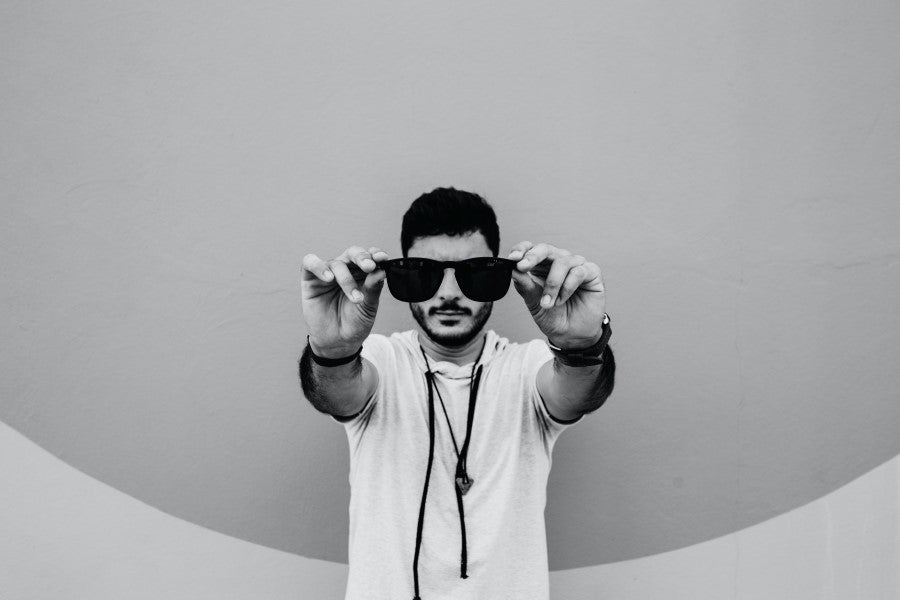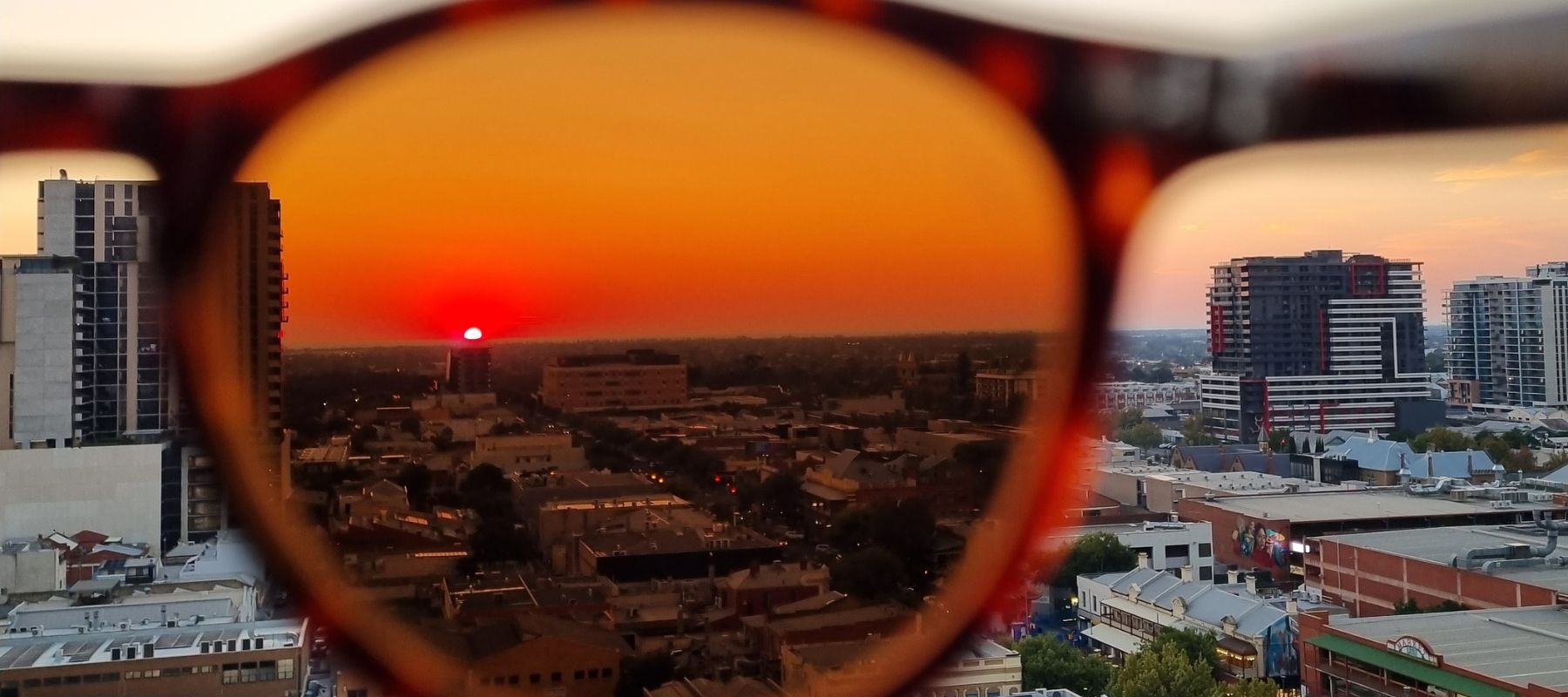
Why You Should Wear Sunglasses in the Winter
Summer’s always an exciting time to bust out your favourite sunnies, but there are some important reasons to wear them in the winter, too!
While it’s common to only think of wearing sunglasses during the summer, it’s important to remember that your eyes are also prone to damage during the winter. Although there may not be as much sun in the colder months, your eyes still have a chance of being exposed to harmful situations.
Let’s dive into four top reasons why you should keep your sunglasses handy even when it’s chilly outside:
…to stay protected from UV rays.
There are two types of ultraviolet rays produced by the sun (UVA and UVB) that can damage your skin and vision even if the sun isn't “out.” There may not be a whole lot of sun peeping through the clouds while you’re outside in the winter, but those UV rays are still present. A lot of time spent outside under UV rays without proper eye protection can increase your chances of getting cataracts, skin cancer, age-related macular degeneration, and pterygium.
Now here’s a little insight on these eye problems that can be caused by UV rays:
When cataracts occur, the eye’s natural lenses that detect light become cloudy, causing your vision to become blurry as well. Skin cancer can occur around the eyelids if you experience prolonged exposure to UV rays. Age-related macular degeneration is the most common reason for elderly Americans who lose their vision, and Pterygium is a growth that can potentially block your vision by spreading to the cornea.
Phew! Now we hope you never have to deal with any of these eye problems. To prevent these issues and keep your eyes protected from UV rays, don’t forget to put your sunnies on any time you're outside this winter. You’ll want to look at pairs that block 100% of all light rays like SummerEyez. May we recommend Oceana? She’s a fun, chic pair to keep your favourite summer vibes going all year round.
…to lessen glares from water, snow, or ice.
Glares are caused when sunlight gets in the way of your view and they happen most often when the sun sets and rises. You might experience glares when you’re taking walks in the winter enjoying the crisp air and pretty scenery, or while you’re driving. Since the sun sits lower on the horizon in the winter months, glares become a little more extreme because of the sun’s reflection on the earth coming from a brighter, lower angle (gotta love science).
Really bright reflections tend to come from ice, snow, traffic lights, and mirrors in and around your car, but wearing sunnies can lessen the impact of the glares caused by these reflections. If you’re driving and experience glares, sweet, sleek sunglasses like Capri can help keep your eyes able to focus on the road and prevent accidents. And if you normally wear glasses while driving, you may want to talk to your eye doctor about getting some prescription sunglasses.
…to prevent headaches and eye strain.
When you’re exposed to bright lights like sun rays, it’s natural for your pupils to become smaller, while dimmer lights cause your pupils to widen. You may experience eye strain when you’re under extremely bright or dim lighting because your eyes are struggling to adjust to a lighting level that’s comfortable. Ever notice how your eyes feel a little different when you step outside into bright sunshine? That feeling is your eyes responding to the new level of light, letting you know they’re trying to adjust to it.
The back of your eyes have retinas that are super sensitive to light, and with a bright winter sun, your pupils may have a hard time adjusting. This can lead to squinting and potential eye strain and headaches.
Wearing sunglasses when the sun’s out in the winter can really help your eyes stay well adjusted to the winter sunshine. SummerEyez like Glenelg and Horizon are super stylish polarised lenses you can keep on hand during the hot and cold months. Polarised lenses have a special film that helps your eyes stay protected. Without polarised protection while out and about under the sun (or even grey skies), your depth and colour perception is reduced, views are distorted, and sometimes you can become temporarily blinded.
…to prevent irritation from debris, dust, and wind.
The winter months tend to cause both watery eyes and dry eyes, depending on the severity of the weather. You know those moments when you’re outside and cold air hits your eyes, causing some tears to form? Then, as the wind picks up and dries your tears, your eyes are left feeling a little dry and uncomfortable? The tears are a natural response as your eyes try to protect themselves from irritation, but the back and forth feeling of wet and dry eyes can become irritating in itself.
The colder months usually have a lot more wind that whips around, and wearing your unique sunnies like these or these can help lessen the chance of your tears and natural eye moisture from getting dried up so often. Don’t let debris and dust get in the way of your eyesight this winter. Take your pair of sunglasses wherever you go so you can enjoy the winter wonderland scenery.
Although wearing sunglasses may not be top of mind in the winter, they are important to keep handy to protect your eye health and keep all the bad stuff out that the wind might kick up. If you’re in need of a new pair of sunnies for the colder months, check out SummerEyez to find a style that suits your chic winter look.




Leave a comment
This site is protected by hCaptcha and the hCaptcha Privacy Policy and Terms of Service apply.